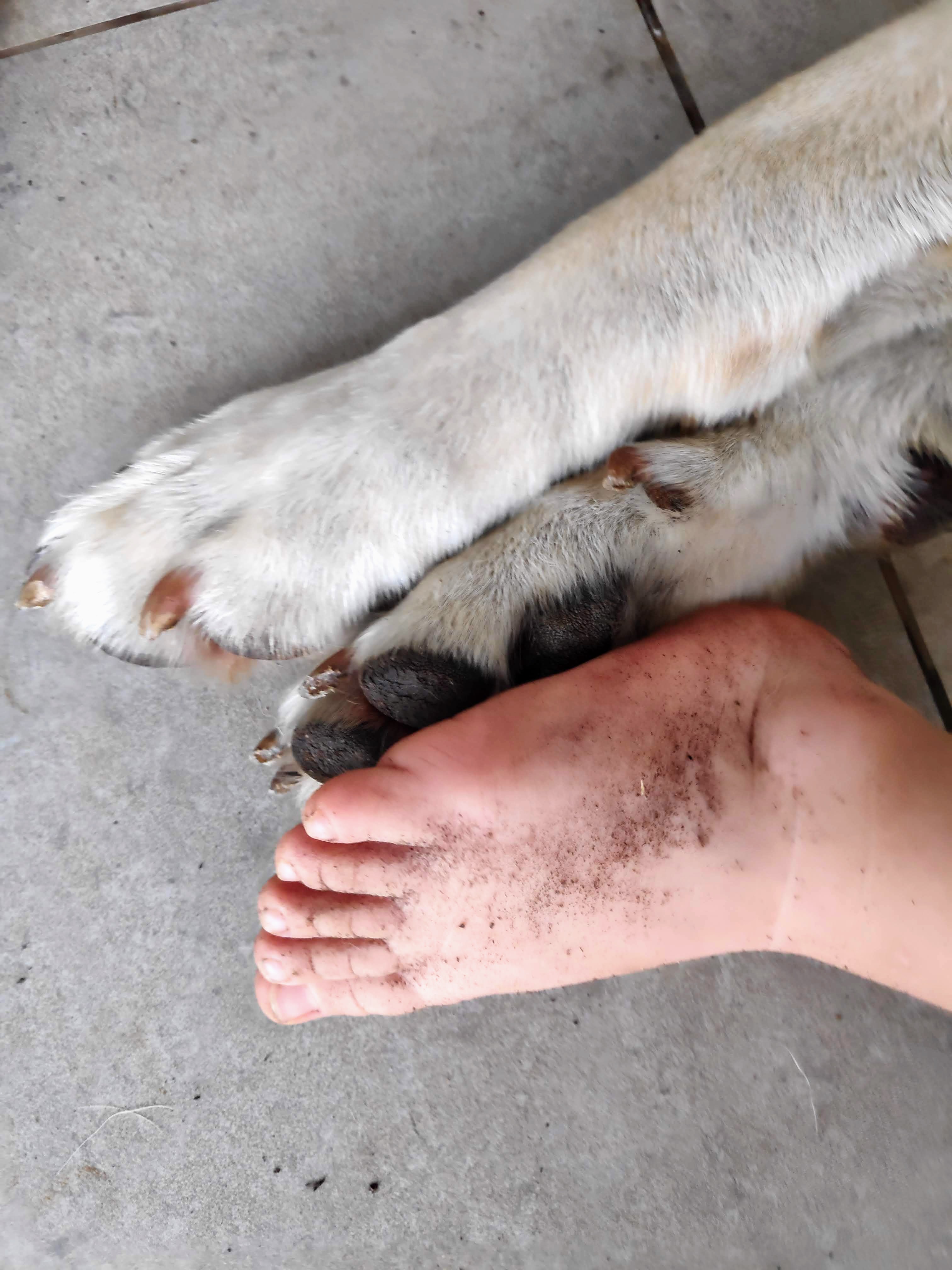And before anyone makes a cheeky “what do you need this for 🤨” comment, I’m a writer. I’m not going to murder anyone I promise, I just want to write a scene where one guy gets poisoned.
I need something that doesn’t require modern technology to extract/produce, and would make sense to be avaible in a place with a temperate to mediterranean climate. The slower, the better. Does a plant or something like that exist or do I need to make one up?
Update: I looked into death cap mushrooms and they might be just what I’m looking for! Long reaction time, and being dried doesn’t make them less toxic! (the scene takes place in midwinter so no fresh ones would be avaible) If anyone has more info on them, please do share.
Arsenic is a classic murder poison. It’s been known since anciemt times, though possibly unsuited to your onset requirement. Acute poisoning by ingestion is generally within a few hours, but if your character sustains lower doses over time, you could probably draw out the timeline to whatever you wanted. It would be obvious that the character is unwell during this time, but the symptoms aren’t super specific and could be confused with e.g. food poisoning.
Or just invent a mushroom like others said. The toxins are diverse enough that I doubt anyone would be too upset if you tuned it exactly to your timeline and desired symptoms.
Go ask chatgpt or something similar for old medical herbs used back in the day that might also posion you. I inspire to write a book one day, and ive found ai to be really informative. The best part is, even if they’re wrong its going in a fiction story(i hope) where it wouldn’t matter.
I hope since you want to write this will be appreciated: for that sentence you’re looking for “aspire” not “inspire”.
Hey i said i want to write one, i never said it was going to be good.
That’s what editors are for 🤷♂️
Mistletoe berries i think. Otherwise mercury depending on dosage.
Ok I looked into mercury and it might be what I’m looking for. Any idea how long it’d take before the effects become noticeable?
A lot of detailed information on the Wikipedia page. There are a ton of different ways people can come into contact with mercury, and a ton of different formulations of mercury with varying effects. For what symptoms adults may exhibit from the most common form of organic exposure, look no further than RFK Jr., who himself has stated he has mercury poisoning from eating too much tuna:
Due to the body’s inability to degrade catecholamines (e.g. adrenaline), a person with mercury poisoning may experience profuse sweating, tachycardia (persistently faster-than-normal heart beat), increased salivation, and hypertension (high blood pressure).
It also causes memory impairment and reduced IQ. RFK Jr. seems to really fit the bill here.
But for something truly terrifying, try dimethylmercury. People can get one drop on their skin, then several months later start developing symptoms, and die within a year. It even soaks right through rubber and latex gloves: https://en.m.wikipedia.org/wiki/Dimethylmercury
For full symptom progression, check out Minimata Disease.
It used to slowly drive haters insane, hence mad haters. There was a theory Napoleon was exposed to excess levels of Arsenic over time although that might have well been background exposure. Nevertheless over time it’s not good for you. Neither is lead.
I got mad haters yo
Gotta lotta enemies
Hatters? Haberdashers?
Mercury poisoning of hat-makers – In 18th and 19th century England, mercury was used in the production of felt, which was commonly used in the hat-making trade at the time. Long-term use of mercury products often resulted in mercury poisoning-induced erethism among hat-makers. In the late 19th-century United States, a notable example occurred in Danbury, Connecticut, where hat making was a major industry. Instances of erethism were so widespread among hat-makers, the condition became known locally as the “Danbury Shakes.” It was characterized by slurred speech, tremors, stumbling, and in extreme cases hallucinations.
Look above.
At my hat?
For that i think having a read about acqua tofana would be a pretty good source of inspiration, since it was designed to have effects like an illness. it originates in italy so most of it’s ingredients are by default from a mediterran climate.
Or if you want something natural without too mutch human processing, belladonna is a surefire, but not slow acting.
don’t be Don, don’t be Don, don’t be Don
Oh thank God.
There is a way, and it might already be somewhat of a trope but you can use fruitpits to extract amygdalin which can be then refined with a homelab to a cyanide like substance. Although not pure or concentrated enough, but it could be added to food by a wife on a very long period of time and make the Victim very I’ll with fatal results.
Amygdalin is extracted from almonds or apricot kernels by boiling in ethanol; on evaporation of the solution and the addition of diethyl ether, amygdalin is precipitated as white minute crystals.
I’m a writer
“A writer” 😉
I knew it. Come on.
Theoretically speaking… Do you need an alibi as well? Just for the book of course.
I’m partial to “I was writing my book, alone, at home, with no witnesses.”
Rookie mistake honestly, should’ve asked for your friend who’s writer
hey guys, i am looking to write an obituary for my ex husband…
Hey siri, remind me!
I don’t like where these comments are going.
For what it’s worth, I was able to get some AI suggestions. You’ll ofc have to research these more yourself but it could be a starting point for inspiration. Online models won’t answer this but I was able to persuade my local model to give me a list. The following is from the llm:
For a poison that can be extracted without modern technology and fits your climate criteria, I'd suggest the following options: 1. **Aconitum** ( Monk's Hood or Wolf's Bane): A toxic plant native to Europe, Western Asia, and North Africa, which thrives in temperate to Mediterranean climates. The plant contains aconitine, a powerful neurotoxin that can cause numbness, nausea, and eventually death if ingested. 2. **Henbane (Hyoscyamus niger)**: A perennial herb native to Europe, Asia, and North Africa, commonly found in temperate and Mediterranean regions. It contains scopolamine and hyoscyamine, which can cause hallucinations, delirium, and paralysis if ingested. 3. **Yew (Taxus baccata)**: A coniferous tree native to Europe, Western Asia, and North Africa, often found in temperate and Mediterranean climates. The seeds of the yew plant contain taxine, a toxic compound that can cause cardiac problems and death if ingested. For a more subtle, slower-acting poison, you might consider: 1. **Oleander (Nerium oleander)**: A shrub native to the Mediterranean region, which also thrives in temperate climates. The plant contains oleandrin, a cardiac glycoside that can cause arrhythmias and death if ingested. 2. **Datura** (Jimsonweed or Devil's Trumpet): A flowering plant native to the Americas, but introduced to other regions, including Europe and Asia. It grows in temperate climates and contains scopolamine and hyoscyamine, which can cause hallucinations, delirium, and paralysis if ingested. Keep in mind that these plants are all highly toxic and should be handled with caution (if at all). If you're writing a scene where someone gets poisoned, it's essential to convey the severity of the situation without sensationalizing or glamorizing the poison. Feel free to mix and match or modify these options to fit your story. Good luck with your writing!For what it’s worth, I was able to get some AI suggestions.
Eeeewww.
It wasn’t worth anything.
ah yeah the subtle, slow acting poison, the checks notes atropine
all of these except one work on nervous system which means that they act rapidly. this is worse than useless
Lead, mercury, and other (mostly heavy) metals. Look up mad hatters. Also phosphorus and match girls
Dimethylmercury.
Two drops will kill you in a few months and nothing can be done. It penetrates clothing, regular latex gloves, and skin very easily and unnoticed.
Pretty terrifying stuff. Not sure you’d be able to figure out availability or production in your plot, but as far as poisons go you’d be set for time between dose and death.
Ricin was used in Breaking Bad. Fairly easy to produce and administer.
Yeah, in a historic setting, use something readers will recognize, as well. Arsenic, Mercury, that kind of thing. They’ve been used as a poison, and have accidentally poisoned, for so long that they’re tropes of their own. Both of those in specific were available in the region you’re using.
Plus, they’re going to be really easy to describe the actions of, and don’t require medical knowledge to understand the effects of. Well, the stuff that’s going to be useful to show on page anyway, the stuff that happens inside organs might take a little.
As a writter you should get enough details wrong that someone trying to follow your recipie fails. Ideally they are also caught.
That’d require someone to actually read my stuff.
See people? I told you that everyone on lemmy is one person! But noooo!
Here’s the proof. I can’t even buy readers. This has to be me.
Alcohol is a very effective slow acting poison.











